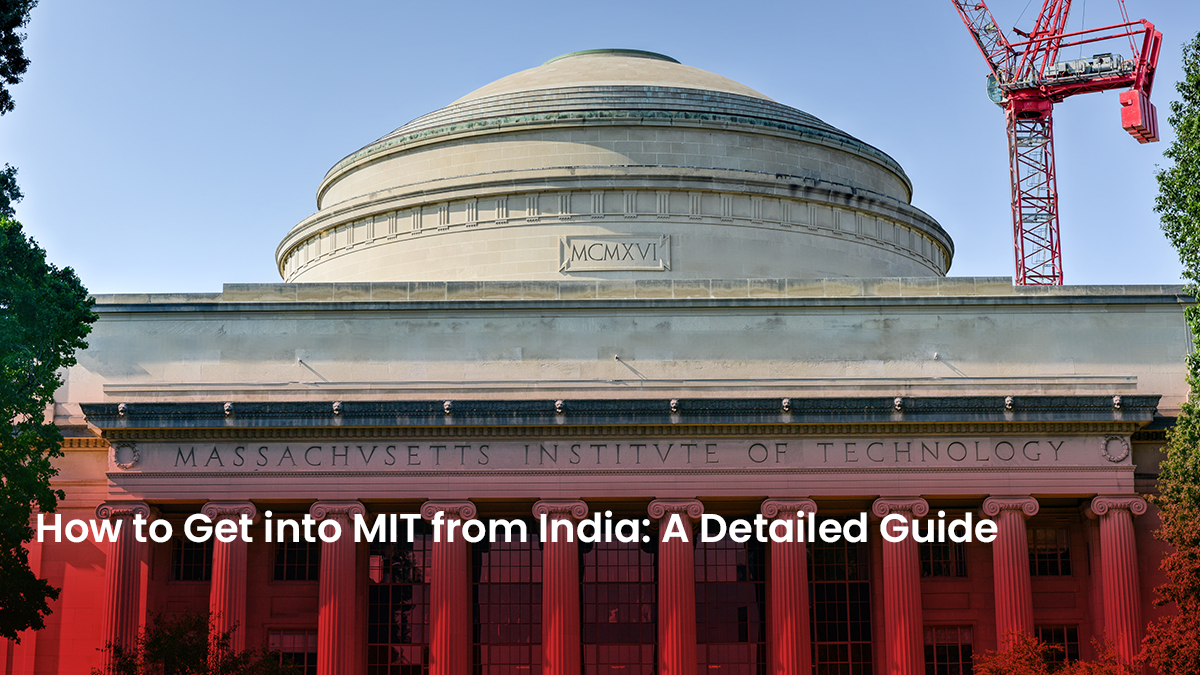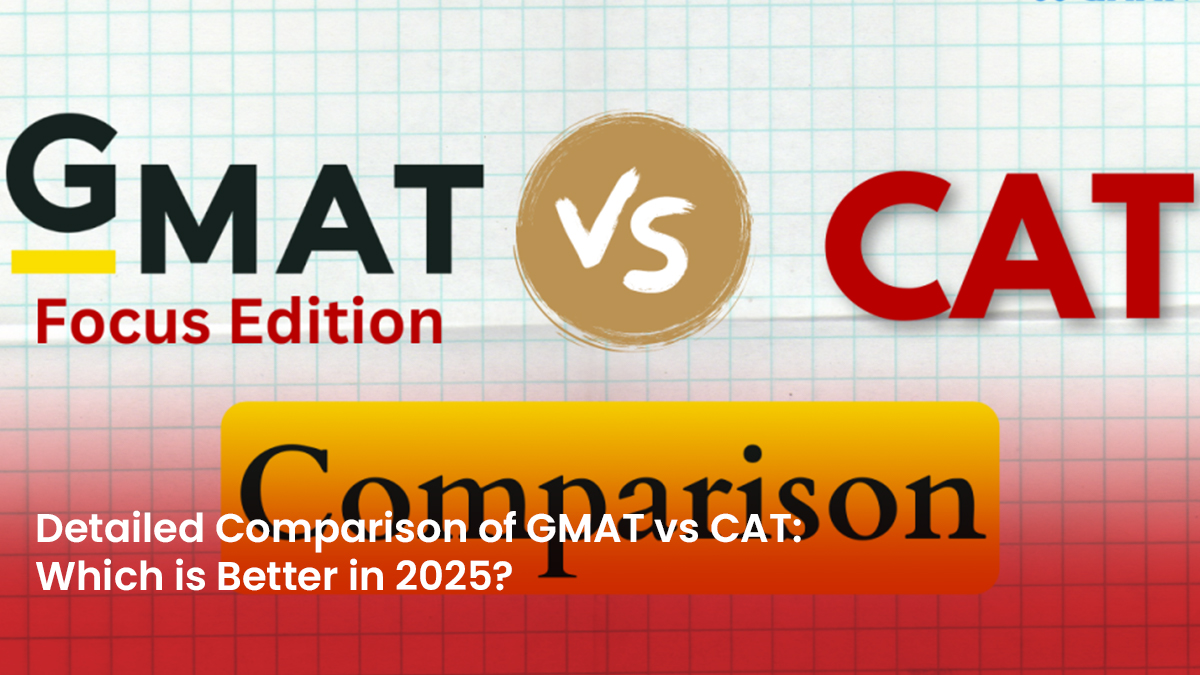In the U.S., the demand for medical professionals is projected to grow by 13% between 2021 and 2031, as per recent studies. However, for aspiring doctors, the MCAT (Medical College Admission Test) often acts as a significant hurdle. Preparing for this test takes months of effort and dedication, not to mention the stress it brings for those who don’t perform well on standardized tests.
The good news? Not every medical school in the U.S. requires the MCAT for admission. Several programs focus on academic excellence, practical experience, and a holistic view of the applicant rather than standardized test scores. In this guide, we’ll explore your options for attending a medical school in USA without MCAT, highlight schools offering such opportunities, and provide actionable tips for aspiring medical students.
Why choose medical schools that don’t require MCAT?
The MCAT has been a traditional part of the medical school admission process, but not all students excel under standardized testing conditions. Some reasons to consider medical schools in USA that don’t require MCAT include:
- Reduced stress: Preparing for the MCAT is time-consuming and stressful. Bypassing the exam allows students to focus on academics and extracurricular activities.
- Holistic admissions: Schools without the MCAT requirement evaluate applicants on GPA, recommendation letters, and relevant experiences rather than a single test score.
- Time-saving: Skipping the MCAT allows students to transition more quickly from undergraduate to medical school.
Overview of Exams You Might Take To Study Abroad
Does every medical school in USA require MCAT?
No, not all medical schools require the MCAT. While the majority of medical schools do include it in their admissions process, several programs offer alternative pathways, especially for exceptional students or those in specialized programs. These schools prioritize academic performance, extracurricular involvement, and commitment to the medical field.
Medical schools in USA that don’t require MCAT
Below is a list of medical schools that don’t require MCAT in USA, offering unique programs and opportunities:
1. Brown University – Program in Liberal Medical Education (PLME)
This combined undergraduate and medical school program allows students to bypass the MCAT. It provides a seamless transition into medical studies for high-achieving students.
- Duration: 8 years
- Eligibility: Requires early commitment to medical education.
2. University of Rochester – Early Assurance Program (EAP)
This program provides early assurance of medical school admission for outstanding undergraduates, eliminating the need for an MCAT score.
- Eligibility: Available to students in their sophomore year.
- Key benefit: No MCAT requirement.
3. Tufts University School of Medicine – Early Assurance Program
Tufts’ EAP is designed for undergraduate students pursuing life sciences, offering guaranteed medical school admission without the MCAT.
- Requirements: A high GPA and science coursework.
4. Icahn School of Medicine at Mount Sinai – FlexMed Program
The FlexMed Program offers an innovative approach by allowing second-year college students from any major to apply for early admission without the MCAT.
- Key benefit: Encourages students with diverse academic backgrounds to enter medicine.
5. Drexel University College of Medicine – BA/BS+MD Program
This program allows students to enter medical school directly from their undergraduate studies, skipping the MCAT.
- Duration: 8 years
- Eligibility: High academic performance throughout undergraduate studies.
Please note: The details about application dates and eligibility criteria are subject to change as per the institution’s guidelines. Kindly visit the official website for the latest information.
How to Score Good Marks in Board Exams
Benefits of applying to medical school in USA without MCAT
Skipping the MCAT can have several advantages, including:
- Holistic evaluation: Schools focus on a candidate’s overall profile rather than a single test score.
- Cost savings: The MCAT can cost up to $315 per attempt, not including preparation materials or courses.
- More time for academics: Students can invest time in building their GPA, volunteering, or research instead of months of MCAT preparation.
Challenges of skipping the MCAT
While bypassing the MCAT offers several advantages, it’s important to understand the challenges:
- High competition: Fewer schools offer programs without the MCAT requirement, making admission highly competitive.
- Limited flexibility: Programs often require early commitment to a medical career.
- Rigorous academic expectations: Schools that waive the MCAT may demand a consistently high GPA and extensive extracurricular involvement.
How to strengthen your application for medical schools without MCAT
To maximize your chances of admission to a medical school in USA without MCAT, follow these steps:
- Maintain a high GPA: Most schools prioritize academic performance, especially in science courses.
- Get involved in extracurriculars: Volunteer at hospitals, join health-related clubs, or participate in medical research.
- Build strong relationships: Secure recommendation letters from professors or mentors who can vouch for your commitment and abilities.
- Craft a compelling personal statement: Explain your passion for medicine and how your experiences have prepared you for medical school.
- Prepare for interviews: Many programs require an in-depth interview. Practice articulating your goals and enthusiasm for the field.
Comparison of medical schools in USA without MCAT
|
University |
Program |
Key Features |
| Brown University | PLME | Combined UG and medical school, no MCAT |
| University of Rochester | Early Assurance Program | Early admission without MCAT |
| Tufts University | Early Assurance Program | Focus on life sciences majors |
| Icahn School of Medicine | FlexMed | Open to all academic backgrounds |
| Drexel University | BA/BS+MD Program | 8-year combined program |
Disclaimer: The details about programs and benefits are subject to change as per the institution’s guidelines. Please visit the official university website for latest information.
How to Clear PTE Exam in 2 Weeks
Conclusion
For students looking to pursue a medical career without the stress of standardized tests, exploring a medical school in USA without MCAT is an excellent option. These programs, such as Brown University’s PLME and Mount Sinai’s FlexMed, offer holistic admission pathways that prioritize academic excellence, experience, and passion for medicine over test scores.
While the competition is tough, with thorough preparation and a strong application, you can secure your spot in these prestigious programs. Remember, medicine is about dedication, compassion, and resilience—qualities that go beyond a test score.
With the right guidance and effort, you can start your journey toward a rewarding medical career. Take the first step today!
FAQs about medical school in USA without MCAT
1. Do all medical schools in the USA require the MCAT?
No, not all schools require the MCAT. Some offer alternative pathways such as early assurance programs or combined undergraduate-to-medical programs that waive the MCAT requirement.
2. What are early assurance programs?
Early assurance programs allow students to gain conditional acceptance into medical school during their undergraduate studies without taking the MCAT.
3. Are these programs competitive?
Yes, medical schools without MCAT requirements often have strict academic and extracurricular standards, making admission highly competitive.
4. What GPA is needed for these programs?
Most programs require a strong academic record, typically a GPA of 3.5 or higher, especially in science-related courses.
5. Can international students apply to these programs?
Some universities accept international students into their no-MCAT programs, but eligibility criteria may vary by school.
6. How do these programs evaluate candidates without MCAT scores?
Schools consider a combination of GPA, letters of recommendation, personal statements, extracurricular activities, and interviews.
7. Will skipping the MCAT affect residency placements?
No, skipping the MCAT has no impact on residency placements as long as students perform well in medical school and excel in other assessments.
8. Are scholarships available for no-MCAT programs?
Yes, many universities offering early assurance or combined programs provide financial aid and scholarships to eligible students.
9. Can I apply to other medical schools later if I’m in a no-MCAT program?
While some programs require a commitment to the partnered medical school, others allow students the flexibility to apply elsewhere.
10. What are the top schools that don’t require the MCAT?
Some of the best options include Brown University (PLME), Icahn School of Medicine (FlexMed), Tufts University, and the University of Rochester.



























